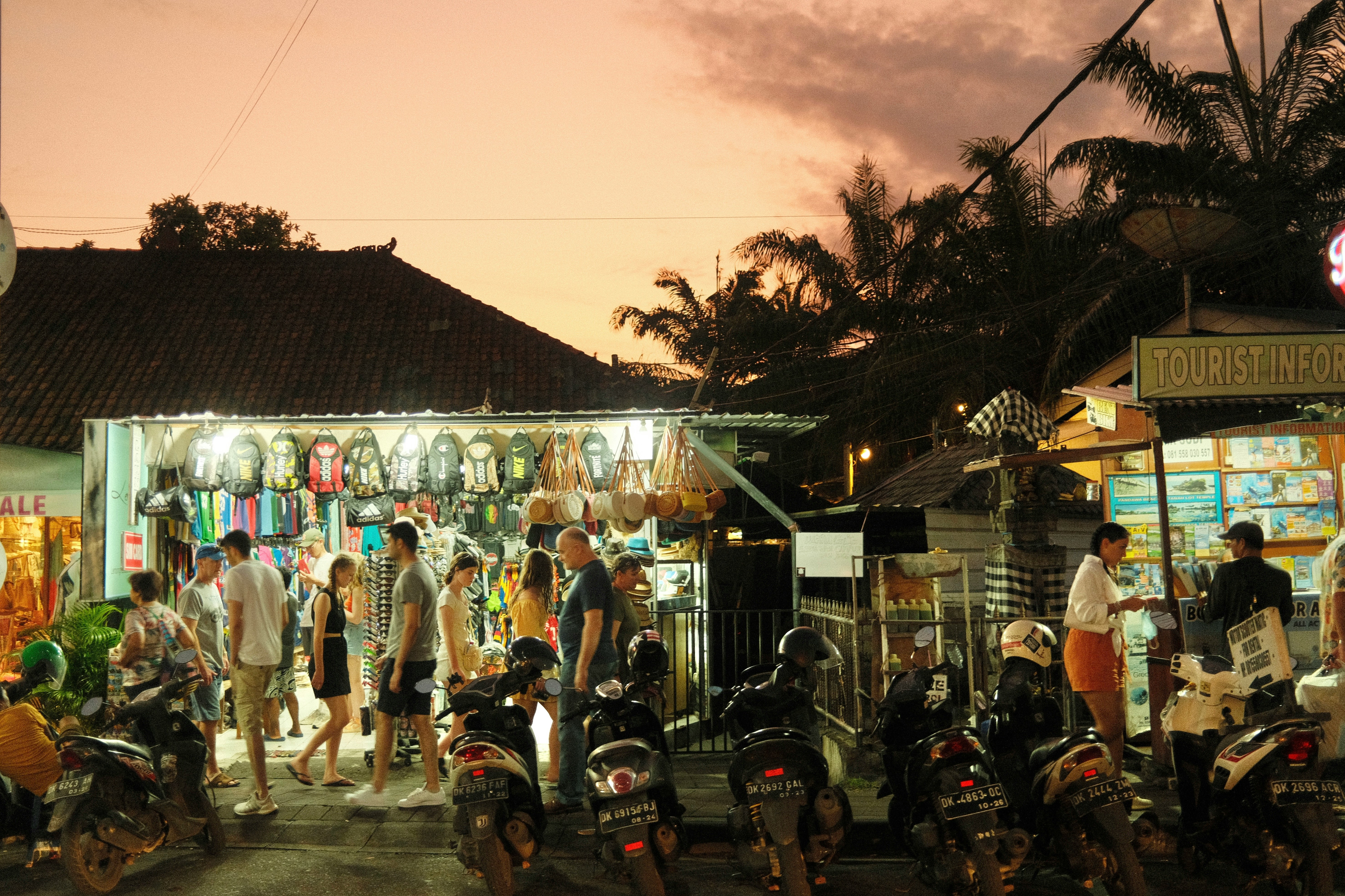
Thailand: Casinos to be legalized soon, could Thailand become a huge market following Las Vegas and Macau?
In Thailand, a tourism-based country booming with inbound demand, the lifting of the ban on casinos, which will be a new source of revenue, is coming into view. Until now, gambling was almost completely prohibited except for state-run horse racing and lotteries, but a bill to allow the construction of casinos and entertainment facilities was recently approved by the Cabinet in an effort to attract more foreign tourists and increase employment and national revenue. The bill requires proof of an entrance fee of 5,000 baht (about $146) and a bank deposit of 50 million baht (about $1.46 million), which would mean that most Thai people would be unable to go to casinos, so it is likely to be significantly revised by the parliament, which has the final say, but the impact of casinos being established in the country would be enormous.
According to an analysis by the major financial group Citi, about half of people over the age of 20 have the potential to become casino players, and Thailand is expected to grow into the world's third largest gambling power after Las Vegas and Macau. The benefits to the domestic economy are also enormous, with the Thai government expecting "new investment in casinos and entertainment facilities to reach 100 billion baht (approximately $2.9 billion), as well as an annual increase in the number of foreign tourists of 5-10%, generating annual revenues of more than 12 billion baht (approximately $350 million)."
Contrary to the image of Thailand as a Buddhist country lined with temples, it seems that the movement towards legalizing casinos in Thailand is steadily progressing.
Regional banks and credit unions actively expand into ASEAN, responding to the growing need for SMEs to expand into the region
As more Japanese SMEs expand into the Association of South-East Asian Nations (ASEAN), regional banks and credit unions are also accelerating their efforts to build and strengthen their ASEAN bases. This year, the Chiba Bank opened a Singapore branch in January. By upgrading its representative office, it opened its first new overseas branch in 34 years, and has established a system to support its client companies in expanding into ASEAN countries.
Singapore, which is positioned as a regional hub, is also home to the largest regional bank in the Tohoku region. This April, The 77 Bank announced that its first overseas subsidiary, a local corporation, has begun operations. Amid a shrinking market in Japan, the bank has announced a policy to provide consulting services to clients looking to expand into ASEAN and India.
Like regional banks, credit unions that serve SMEs as clients are also making moves. Last month, Shinkin Central Bank announced that it would open a representative office in Ho Chi Minh City. In light of the increasing number of small and medium-sized enterprises expanding into Vietnam, the bank plans to set up new bases there to strengthen its customer support system. To supplement their sluggish domestic business, regional banks and credit unions are actively developing markets in ASEAN and India.
Byd enters Japan's minicar market, accelerates Asian expansion despite Trump tariffs
While there are concerns that exports to the US by manufacturers from various countries will stagnate due to the impact of Trump's tariffs, BYD, a major Chinese electric vehicle (EV) manufacturer, is accelerating its expansion into Asia. BYD has been focusing on developing the Asian market from an early stage, and with the agility of hardly shipping to the US, it is now moving to further strengthen its sales strategy in East Asia and the Association of South-East Asian Nations (ASEAN).
A symbolic move is its decision to enter the Japanese minicar market, where foreign companies have not been successful. According to Nikkei, BYD plans to manufacture batteries and other parts in-house, and use its low-cost production as an advantage to sell minicars in Japan. Minicars, which have evolved independently, are also called "gala-kei" after the creatures of the Galapagos Islands, and BYD has found a chance to succeed in the "gala-kei" that foreign companies have avoided.
In Thailand, where plug-in hybrid vehicles (PHVs) have recently been reevaluated, the company will launch a new PHV pickup truck, the Shark 6. BYD will begin selling finished vehicles imported from China in September this year, but plans to start local production next year.
BYD will also significantly expand its sales chain in the Philippines, where the automobile market continues to expand. This month, AC Mobility, a local distributor and conglomerate, announced plans to expand BYD vehicle dealerships from the current 29 to 77 by the end of the year. BYD's local share of new vehicle sales is about 1% (passenger vehicle sales in 2024 will be 4,780 units, of which 2,078 units will be EVs), but it hopes to increase its share by significantly increasing the number of dealerships.
BYD continues to increase its presence in Asia, even as the storm of Trump tariffs rages around the world.
